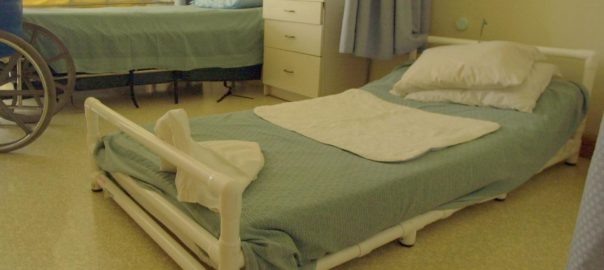The family of an 84-year-old woman who died in a Brius nursing home is suing the company, claiming that it intentionally understaffed the facility to cut costs.
The Eureka Times-Standard reported last week that 84-year-old Ida Branch died five days after being admitted to the Pacific Rehabilitation and Wellness Center in Eureka following a surgical procedure on her leg.
Branch’s relatives arrived at the facility to find her “barely alive … with significant changes in her mental status and breathing,” according to the lawsuit. “By then, the facility had still not provided (her) the breathing tube requested by her family every day since admission.”
Branch died later that night, according to the lawsuit, which also lists Brius owner Shlomo Rechnitz and Brius’ management company, Rockport Healthcare Services, as defendants.
Brius closed Pacific Rehabilitation and Wellness Center earlier this year, amid reports that the facility suffered from significant structural problems that would have required expensive upgrades.
The lawsuit comes on the heels of several wrongful death claims against Brius in Humboldt, including one case in which Brius settled a claim that that one of its homes was accused of dumping a blind man suffering from dementia in a local hotel with nothing to eat except a half-gallon of milk, instant noodles and Velveeta cheese.
Branch is being represented by the law firm of Garcia, Artigliere & Medby, which filed a lawsuit earlier this year against another Brius home in Eureka. alleging that the Eureka Rehabilitation and Wellness Center failed to prevent falls by a patient who suffered severe injuries from her falls.
[gview file=”https://briuswatch.org/wp-content/uploads/2017/12/Branch_vs_Pacific-Rehab-Complaint_12-13-2017.pdf”]









